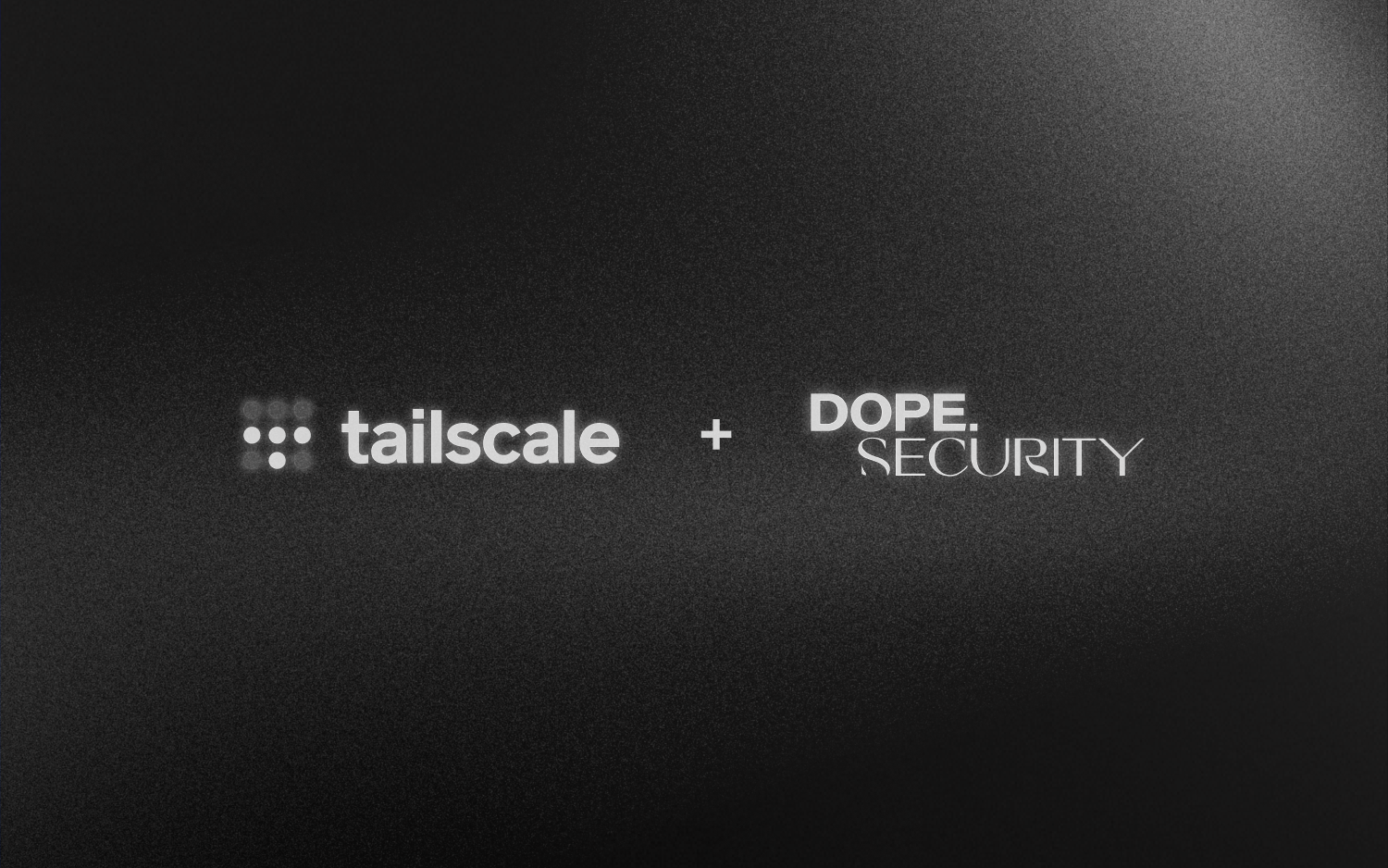Top 10 URL Filtering Tools

What is URL filtering?
URL filtering is a cybersecurity technique used to control access to websites by allowing or blocking specific URLs based on predefined security policies. The primary goal of URL filtering is to prevent users from accessing malicious or inappropriate websites that could pose security risks, such as malware, phishing sites, or sites with content that violates organizational policies.
Key Aspects of URL Filtering:
- Categorization: Websites are categorized into various groups, such as social media, news, gambling, adult content, or malware sites. Organizations can choose to block or allow access to entire categories based on their needs.
- Real-Time Analysis: Modern URL filtering solutions analyze web traffic in real-time to detect and block access to newly identified malicious websites or content that does not comply with security policies.
- Granular Control: URL filtering provides administrators with detailed control over what types of websites users can access. This can be based on user roles, departments, or other criteria, ensuring that web access aligns with organizational requirements.
- Compliance and Security: By preventing access to harmful websites and enforcing web usage policies, URL filtering helps organizations maintain compliance with regulatory standards and protect against data breaches and other cyber threats.
- Integration with Other Security Measures: URL filtering often works alongside other cybersecurity measures like SSL inspection, malware detection, and data loss prevention (DLP) to provide a comprehensive web security solution.
URL filtering is a critical component in a Secure Web Gateway (SWG) and is widely used by businesses to enhance security, manage bandwidth, and ensure productive use of internet resources.
dope.security Overview
dope.security offers a unique approach to web filtering through its Fly Direct Secure Web Gateway (SWG). Unlike traditional SWGs that route traffic through cloud data centers, dope.security performs on-device security checks, which include URL filtering, SSL inspection, and cloud application control. This method reduces latency, enhances reliability, and can improve performance by up to four times compared to legacy solutions.
Key Features of dope.security
On-Device Processing: All filtering and security actions happen directly on the endpoint, eliminating the need to redirect traffic to a remote server or data center. This leads to faster processing and better reliability, especially for remote or hybrid workers.
URL Filtering: dope.security blocks access to malicious or inappropriate websites by filtering URLs in real-time. It provides granular control over which categories of websites can be accessed, ensuring adherence to organizational policies.
SSL Inspection: The platform inspects SSL-encrypted traffic to detect potential threats hidden within encrypted web sessions.
Cloud App Control: It integrates with cloud applications like Microsoft, Google, and Dropbox and provides visibility and control over data transfers to ensure compliance with security policies.
AI-Powered Capabilities: The platform includes advanced features such as Cloud Access Security Broker (CASB) functionality, Data Loss Prevention (DLP), and contextual analysis of exposed data.
Unique Selling Points of dope.security
No Stopover Architecture: By processing traffic directly on the user’s device, dope.security reduces the performance issues common with data-center-based solutions.
Improved Performance: The architecture leads to faster speeds and more reliable security, making it ideal for organizations with remote workers or distributed teams.
Why dope.security Stands Out
dope.security’s endpoint-based filtering model is innovative because it bypasses the traditional cloud-based bottlenecks, providing faster and more efficient web filtering for users, regardless of their location. This approach makes it highly scalable and adaptable to modern workforce requirements, making it a top contender if you’re looking to enhance web security while maintaining high performance.
This modern architecture allows for better privacy, speed, and security without the trade-offs typically associated with older, cloud-based secure web gateways.
10 Alternative URL Filtering Tools
1. Cisco Umbrella
Unique Features: Cisco Umbrella provides DNS-based security, blocking requests to malicious domains before a connection is established. It offers DNS-layer protection, and secure web gateway features, and cloud-delivered firewall capabilities for an extra cost . Its integration with the Cisco security ecosystem is a key advantage.
Why It's a Top Tool: Cisco Umbrella is known for its global coverage, real-time threat intelligence, and ease of deployment across various environments. Its ability to deliver security through DNS ensures minimal latency and comprehensive protection against web-based threats, making it highly scalable for organizations.
Cons of Cisco Umbrella: Higher costs compared to other solutions, especially for small to medium-sized businesses, and can lack complex granular configurations you upgrade.
2. Zscaler Internet Access
Unique Features: A cloud-native security platform, Zscaler Internet Access offers URL filtering, SSL inspection, bandwidth control, and malware protection. The platform routes traffic through its data center network, inspecting data for threats, ensuring users are protected no matter their location.
Why It's a Top Tool: Zscaler’s scalability and real-time global threat detection make it ideal for enterprises, especially those with remote workforces. Its seamless integration with existing security stacks and advanced reporting capabilities enhance productivity and compliance.
Cons of Zscaler: Latency issues may arise due to the cloud-native architecture, especially when traffic is routed through multiple inspection points. This can negatively impact the user experience.
3. Forcepoint Secure Web Gateway (SWG)
Unique Features: This tool includes Remote Browser Isolation (RBI) and Zero Trust Content Disarm & Reconstruction (CDR), making it more than a web content filter. It monitors all web interactions and prevents data exfiltration through web uploads, offering granular control over users and categories.
Why It's a Top Tool: Forcepoint SWG stands out with its dual on-device and cloud proxy architecture, allowing for traffic to be inspected both locally on device and through its data center network.
Cons of Forcepoint: Complex setup and management can be a challenge, especially for smaller IT teams. The advanced features may be overkill for businesses that don't require such granular control.
4. Symantec WebFilter
Unique Features: Symantec WebFilter offers content filtering, malware protection, and advanced threat analytics. It integrates seamlessly with the broader Symantec security ecosystem, making it a strong option for enterprises already using Symantec products.
Why It's a Top Tool: Known for its robust threat intelligence, Symantec WebFilter allows organizations to set detailed policies, ensuring both security and compliance. It’s especially favored in environments where granular control over web traffic is critical.
Cons of Symantec: Overblocking issues are common, where legitimate websites can get mistakenly blocked, impacting user productivity.
5. Barracuda Web Security Gateway
Unique Features: Barracuda’s solution delivers URL filtering, malware protection, and application control, along with real-time monitoring and reporting. Its multi-layered security approach covers inbound and outbound threats, making it highly secure.
Why It's a Top Tool: It is known for its ease of use and integration into existing security infrastructures. Its ability to filter web content while protecting against malware and phishing attacks makes it a comprehensive web security solution for small and midsize businesses.
Cons of Barracuda: Reporting features are considered basic by some users, and the user interface could be more intuitive, which hinders ease of use for non-technical users.
6. DNSFilter
Unique Features: DNSFilter uses AI-powered categorization and threat detection, providing accurate content filtering at the DNS layer. It’s particularly effective at blocking phishing and malware sites in real-time and offers custom policy controls that can adapt to organizational needs.
Why It's a Top Tool: DNSFilter is praised for its fast response time, detailed reporting, and scalability. It is especially useful for organizations that want to focus on simplicity without sacrificing comprehensive protection.
Cons of DNSFilter: Some users report false positives with legitimate sites getting blocked and occasional incompatibility issues with certain VPN services.
7. Fortinet FortiGuard URL Filtering
Unique Features: FortiGuard offers AI-driven behavioral analysis and threat correlation, blocking access to malicious URLs and phishing sites in real-time. The platform provides granular blocking for web categories, making it customizable for any business.
Why It's a Top Tool: Fortinet FortiGuard is highly regarded for its AI-powered threat detection, making it a robust solution for combating evolving cyber threats. It is integrated into the larger FortiGuard security suite, offering a comprehensive security package for enterprises.
Cons of Fortinet: Complexity in policy management can be a hurdle for less experienced administrators, as the extensive feature set requires significant configuration effort.
8. Sophos Web Appliance
Unique Features: Sophos Web Appliance offers advanced URL filtering, malware detection, and real-time threat analysis. It integrates with Sophos’ other security products, allowing for a unified management approach across different layers of security.
Why It's a Top Tool: Sophos is favored for its simplicity, ease of deployment, and effectiveness. It also provides administrators with reports and control over content filtering policies, making it a solid choice for organizations looking for a unified security approach.
Cons of Sophos: Limited reporting features, particularly in terms of customization, and some users experience slow response times from the support team.
9. WebTitan
Unique Features: WebTitan provides malware and phishing protection, SSL inspection, and application control. It also includes real-time reporting and URL blacklisting capabilities, which are useful for monitoring user behavior and enforcing web policies.
Why It's a Top Tool: WebTitan is valued for its affordability, scalability, and ease of use. It's particularly effective for businesses looking to balance cost with strong security features.
Cons of WebTitan: Limited advanced features compared to more expensive, enterprise-grade solutions like Cisco Umbrella or Zscaler, making it less ideal for larger organizations with complex needs.
10. iBoss Web Security
Unique Features: iBoss provides secure web access with real-time threat detection, application control, and advanced malware defense. Its cloud-based architecture allows users to enforce security policies from anywhere.
Why It's a Top Tool: iBoss is ideal for organizations needing flexible security solutions for remote and hybrid environments. Its advanced threat detection, ease of integration, and comprehensive reporting features make it a top choice for businesses of all sizes.
Cons of iBoss: Higher costs for larger deployments, and performance issues have been reported when handling large volumes of web traffic.
Conclusion
While there are a ton of options out there, some tools have made a significant mark in the industry. It’s essential to carefully evaluate and consider the best practices and limitations when choosing the right solution for your business, especially when it comes to URL filtering and web security. Still unsure about which URL Filtering tool to choose? Before making a decision, try dope.security for free today and experience a new standard in secure, efficient, and user-focused protection.
Want to talk to a rep? Book a demo.
dope.security sets itself apart with its innovative Fly Direct Secure Web Gateway (SWG) that performs all security checks directly on the user's device, bypassing traditional cloud-based data centers. This on-device processing reduces latency, enhances reliability, and significantly improves performance, making it ideal for remote or distributed teams. With features like real-time URL filtering, SSL inspection, cloud app control, and AI-powered capabilities such as CASB and DLP, dope.security provides comprehensive protection without the usual performance trade-offs. Its unique architecture offers a modern, scalable, and efficient solution for organizations looking to enhance web security while maintaining speed and privacy.












